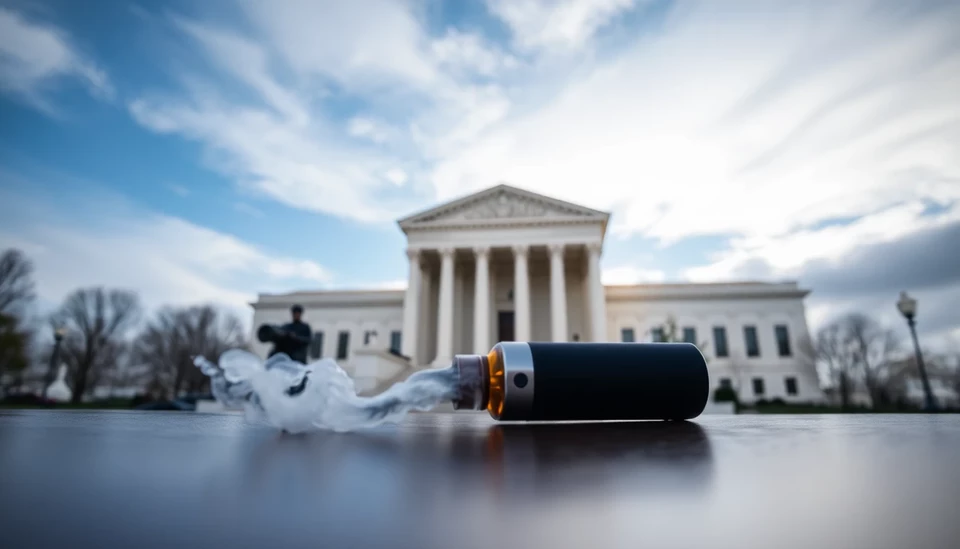
The recent approvals of drugs from Biogen and Sarepta have sparked significant debate regarding the Federal Drug Administration's (FDA) regulatory processes, raising questions about the thoroughness and consistency of drug reviews. A detailed report indicates that these swift approvals may highlight gaps within the FDA's existing frameworks.
Biogen, a leading biotechnology company, received rapid approval for its Alzheimer's drug, a move that drew both praise and scrutiny for its implications in the public health landscape. Critics argue that such quick approvals may compromise the rigorous standards traditionally upheld by the FDA. Meanwhile, Sarepta Therapeutics has celebrated the approval of its Duchenne muscular dystrophy (DMD) treatment, which has similarly faced questions surrounding the adequacy of its clinical trial data and the robustness of the FDA's review process.
The report specifically points out that these cases may suggest discrepancies in how the FDA evaluates the efficacy and safety of new drugs. With public health at stake, the accelerated timelines for approval could potentially undermine trust in the regulatory body and its standards for determining drug effectiveness.
Critics from both the medical field and various health advocacy organizations have raised concerns about the implications of these approvals. They argue that while the urgency to provide patients with new treatment options is understandable, it should not come at the expense of thorough scientific evaluation. The risks associated with hastily approved drugs could lead to adverse effects, decreased treatment efficacy, or even medical harm, which would defeat the purpose of having a rigorous drug approval process in the first place.
As discussions continue, officials at the FDA find themselves at a crossroads, needing to balance the demand for innovative treatments with the need for comprehensive safety analyses. In light of recent incidents, analysts suggest that revisiting the criteria and processes for drug approvals may be necessary to improve the overall integrity of the FDA's decision-making.
This ongoing debate may serve as a catalyst for policy changes at the FDA. Stakeholders, including pharmaceutical companies, healthcare providers, and patients, are closely watching how regulators will address these concerns and what future implications could arise from this scrutiny.
As the landscape of drug approval evolves, the emphasis on transparency and accountability in the FDA may lead to renewed confidence among the public regarding the safety and effectiveness of new medications. The conversation surrounding Biogen and Sarepta's experiences could pave the way for a critical examination of the FDA's protocols and help ensure that patient welfare remains a priority in the drug development process.
#FDA #Biogen #Sarepta #DrugApproval #Healthcare #PatientSafety #Pharmaceuticals #RegulatoryAffairs #PublicHealth
Author: John Harris




